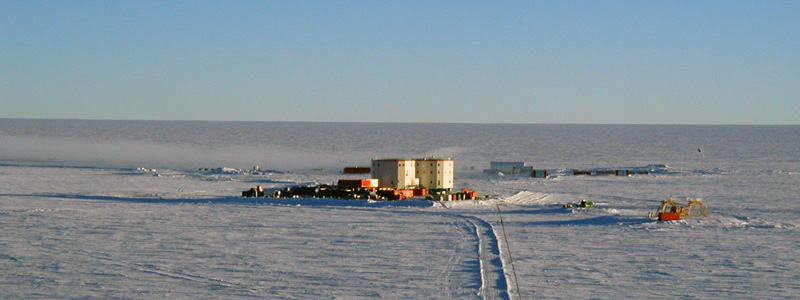CAPA - Psychological Status Monitoring by Content Analysis and Acoustic-Phonetic Analysis of Crew Talks and Video Diaries
- Period
- 2014 — 2016
- Funding
- ESA - European Space Agency (AO-13-Concordia)
- Partners
- Dr. Bea Ehmann Institute for Psychology of the Hungarian Academy of Sciences
- Prof. Dr. Anna Esposito Second University of Naples
- Prof. Dr. Nathalie Pattyn Royal Military Academy, Research Unit VIPER
- Dr. Max Silberztein Laboratoire de Semiotique, Linguistique, Didactique et Informatique, University of Franche-Comté
- Dr. Laszlo Balazs Institute for Psychology of the Hungarian Academy of Sciences
- Prof . Dr. Peter Suedfeld, PhD, FRSC Department of Psychology, The University of British Columbia
- Dr. Klara Vicsi Laboratory of Speech Acoustic, Dept. of Telecommunication and Media Informatics, Budapest Univ. Technology
- Research Areas
- Contact

The project aims enrich the available psychological knowledge through phonological and content analysis a variety of recorded speech samples collected at regular periods from the over-wintering crews at Concordia Antarctic Research Station.
Participants are asked to record a weekly video/voice diary of the most significant events of the past week. At the same time they will also read aloud a short tale widely used for phonological analyses in different languages. Participants are asked to speak and read in French, Italian or English, whichever is most convenient for them. A dedicated laptop computer with head microphone will be used for these personal recording sessions. The data collection is controlled by a program that the participants could easily handle. The recordings will be saved in password protected files that could only be opened by the investigators.
Social conversations at the dining table will be recorded once a week. The recording will be made with a microphone array attached to the ceiling above the dining table. The multi-channel recording will be saved in password protected files. The recording will be processed by computer programs that will allow separating individual channels for each speaker.
The collected samples will be analyzed using speech and language technology at different degrees of complexity. Computerized content analysis will be performed on transcripts of the diaries and social conversations. The computerized analysis will result in derived measures such as group cohesion/tension, physical and emotional distress etc. Phonological analysis will provide measures of speech acoustics that should be most sensitive to physiological stressors such as hypoxia and sleep disturbance (e.g. pitch, tone or articulation speed). Speech prosody will also be used to detect signs of mood changes like the development of Seasonal Affective Disorders (SAD).
